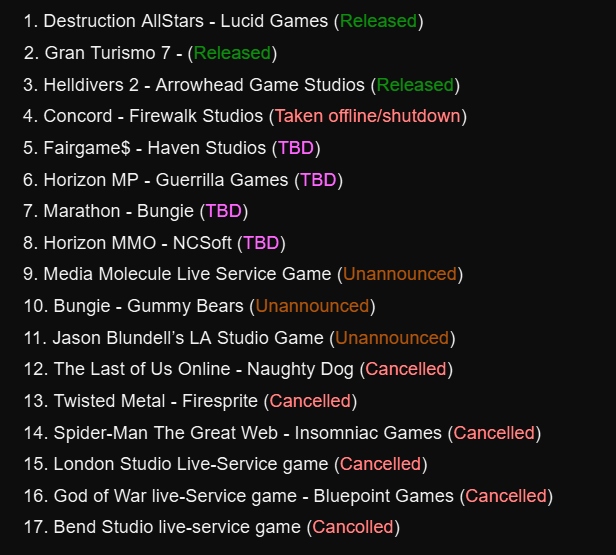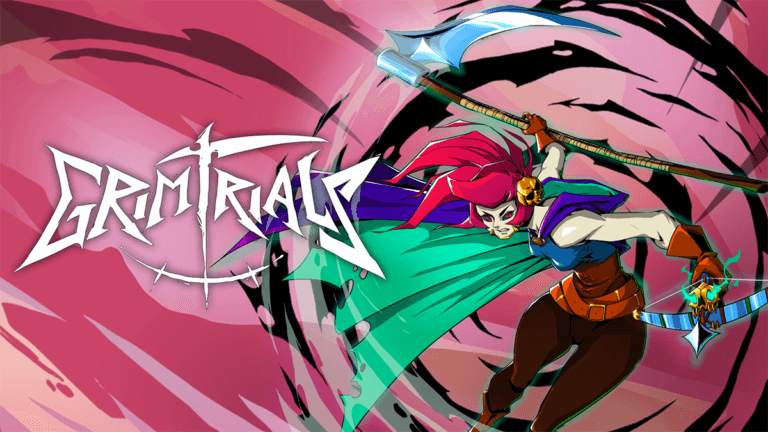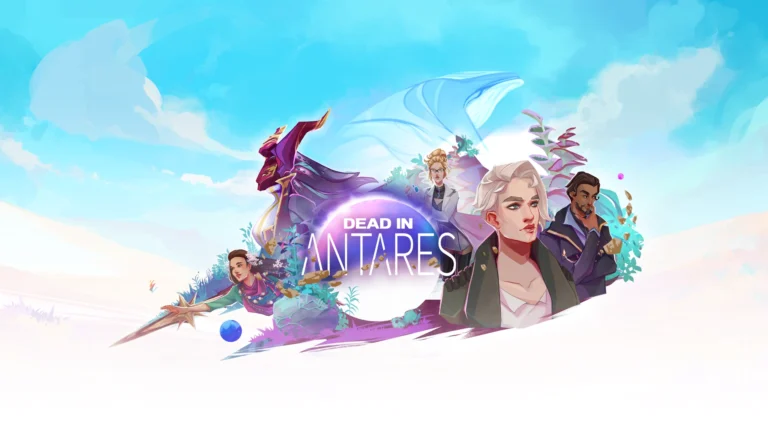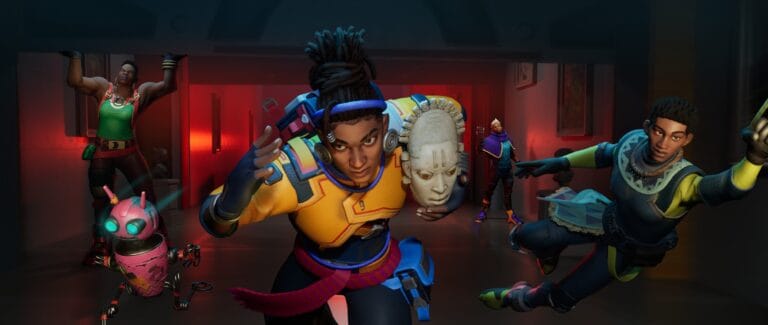
The legacy of PlayStation is deeply interwoven with masterful single-player, narrative-driven games that captivated gamers for decades. From The Last of Us to God of War and Uncharted, the PlayStation brand built its reputation on unforgettable storytelling, engaging gameplay, and consistent quality. However, in recent years, Sony has made an ambitious and, as it turns out, deeply flawed push into the realm of live-service games. This shift has left fans like myself—ardent believers in the power of story-driven games—lamenting the lost time, wasted talent, and tarnished goodwill of a beloved gaming giant.

Sony’s Live-Service Gamble
Around 2021, under the leadership of Jim Ryan, Sony announced a bold strategy to pivot toward live-service games, aiming to release at least 12 such titles within a few years. Live-service games—designed to generate ongoing revenue through microtransactions, expansions, and in-game purchases—promise high profitability when successful. Titles like Fortnite, Destiny 2, and Apex Legends have shown just how lucrative this model can be. But it’s a double-edged sword. Developing and sustaining live-service games demands a unique blend of creativity, technical expertise, and community engagement, all of which are notoriously difficult to achieve.

The rumored 12 live service games that were rumored to be in development at PlayStation Studios.
For Sony, this gamble has not paid off. Despite launching a few live-service titles, including the recent Helldivers II (arguably the only success in this category), the results have been overwhelmingly disappointing. High-profile failures like Concord, canceled projects from flagship studios, and a growing sentiment of frustration among fans and developers highlight the fundamental flaws in Sony’s approach.
Bend Studios and Bluepoint Games: Wasted Potential
Sony’s recent cancellations of live-service projects at Bend Studio and Bluepoint Games are emblematic of a broader problem. Both studios are respected members of the PlayStation family. Bend Studio, known for Days Gone, has long struggled to find its footing after the rejection of a sequel to its 2019 title. Bluepoint Games, celebrated for its remakes of Shadow of the Colossus and Demon’s Souls, has proven its mastery in reimagining classic titles. Yet, both studios found themselves embroiled in Sony’s live-service misadventure.
Bend Studio: The Victim of Unrealized Potential
Following Days Gone, Bend Studio pitched a sequel that was ultimately rejected. They were subsequently tasked with developing an open-world multiplayer live-service game, a significant departure from their expertise. Years of effort culminated in cancellation, leaving the studio with nothing to show for its work and fans waiting indefinitely for their next project. The opportunity cost here is staggering, not only for the studio but also for fans of single-player narratives who had hoped for more.
Bluepoint Games: A Misguided Assignment
The cancellation of a live-service God of War spin-off at Bluepoint Games is perhaps even more baffling. This is a studio revered for its meticulous craftsmanship and devotion to recreating beloved classics. Asking them to helm a live-service project—especially one based on a franchise celebrated for its deeply personal, single-player storytelling—was a misstep of monumental proportions. Their talent, better suited for remakes or original single-player titles, was squandered on an ill-conceived project that never aligned with their strengths.
Concord and the Fallout of Failure
Concord, touted as one of Sony’s flagship live-service ventures, is now regarded as a cautionary tale. Launched with much fanfare, it was quickly pulled from shelves due to abysmal player reception and financial underperformance. Its failure reportedly left Sony “shell-shocked,” prompting a comprehensive reevaluation of its live-service strategy.
The repercussions of Concord’s failure extend far beyond its short-lived lifespan. It led to the cancellation of several other live-service titles in development, the loss of years of effort, and a notable decline in PlayStation’s public image. Fans, already skeptical of the live-service model, were further disillusioned by Sony’s inability to deliver on its promises.
The Cost of Ambition: Time, Talent, and Goodwill
The live-service experiment has exacted a heavy toll on PlayStation Studios. Years of development time, untold millions of dollars, and the creative energies of some of the industry’s most talented developers have been spent chasing a vision that was never fully realized.
Talent Drain and Studio Morale
Developers at Bend Studio, Bluepoint Games, and other affected studios have seen their efforts come to naught. Such setbacks are demoralizing and often lead to high turnover as frustrated talent seeks opportunities elsewhere. Studios like Naughty Dog and Insomniac, once beacons of stability and excellence, now face challenges maintaining their creative momentum amid shifting priorities and disrupted workflows.
Lost Goodwill Among Fans
Perhaps the greatest casualty of Sony’s live-service gamble is the erosion of goodwill among its core audience. For decades, PlayStation fans have celebrated the brand’s commitment to high-quality, single-player narratives. The pivot to live-service games felt like a betrayal of that legacy, leaving many fans questioning whether Sony still understands what made its brand so beloved in the first place.
Financial Impact
From a financial perspective, the live-service strategy has been a black hole. The cost of developing, marketing, and ultimately canceling these projects far outweighs any revenue generated by the few titles that made it to market. Sony’s bottom line may not be in immediate danger, but the long-term implications for its reputation and market position are concerning.
Jim Ryan’s Leadership and the PS5 Generation

Under Jim Ryan’s leadership, Sony has undoubtedly made bold moves, but many of them have been deeply polarizing. The PS5 generation, while successful in terms of hardware sales, has been marked by controversies and missteps that contrast sharply with the smooth sailing of the PS4 era.
The PS5 Pro and Consumer Sentiment
The recent announcement of the PS5 Pro has been met with lukewarm enthusiasm. With a lack of compelling exclusives and the ongoing fallout from the live-service strategy, many gamers are questioning whether the upgrade is worth the investment. The excitement that once accompanied new PlayStation hardware has been replaced by skepticism and fatigue.
The Shadow of the PS4 Era
The PS4 era was a golden age for PlayStation, defined by critically acclaimed exclusives, a clear brand identity, and a strong connection with fans. In contrast, the PS5 generation feels fragmented, with Sony struggling to recapture the magic that made the PS4 such a resounding success.
Despite the setbacks, there is hope that Sony can course-correct and return to its roots. The cancellation of poorly conceived live-service projects may be a necessary step toward refocusing on the types of games that defined PlayStation’s legacy.
A Return to Single-Player Excellence
Sony has reassured fans that it remains committed to single-player experiences. Studios like Santa Monica, Naughty Dog, and Insomniac have proven their ability to deliver masterpieces, and there is every reason to believe they will continue to do so. By doubling down on these strengths, Sony can rebuild trust and restore its reputation.
Strategic Investment in Live-Service Games
While the live-service model has proven challenging, it is not without merit. Sony must approach these projects with greater care, leveraging the expertise of studios like Bungie and ensuring that live-service games complement rather than overshadow its single-player offerings.
Conclusion: A Fan’s Hope
As a lifelong PlayStation fan, it’s disheartening to see the company stumble so publicly. Yet, I remain hopeful that Sony can learn from its mistakes and emerge stronger. The cancellation of Bend and Bluepoint’s live-service projects, while painful, may ultimately be a blessing in disguise—a chance for Sony to realign with the values that made it a gaming powerhouse.
The PS5 generation may not go down as one of PlayStation’s finest hours, but the story is far from over. With the right leadership, a renewed focus on quality, and a commitment to its fans, Sony has the potential to turn the page and begin a new chapter in its storied history.





